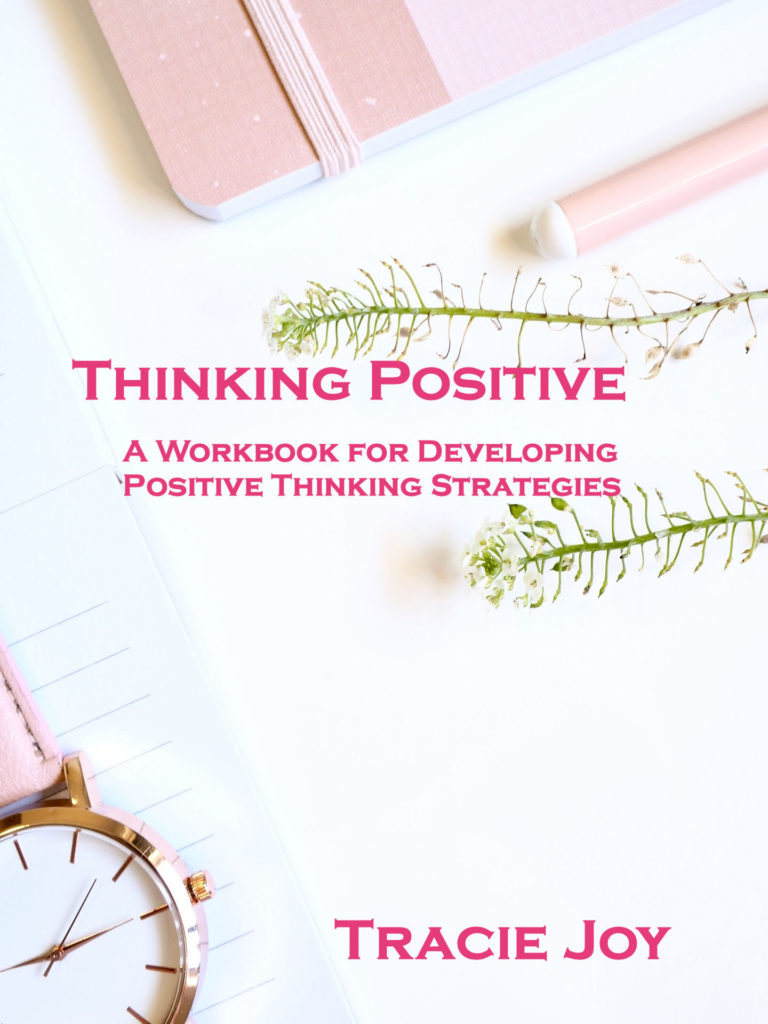28 Strategies for Overcoming Writer’s Block
Every writer—whether you’re drafting a novel, working on a blog, or writing essays for school—eventually hits that dreaded wall: writer’s block. It can feel paralyzing, like every word has dried up and your creativity has gone missing.  But here’s the truth: overcoming writer’s block is possible when you combine the right mindset with practical strategies.
But here’s the truth: overcoming writer’s block is possible when you combine the right mindset with practical strategies.
In this post, we’ll explore 7 proven strategies that build the foundation for beating writer’s block. Then, we’ll dive into 21 practical ways you can apply right away to get words flowing again. By the end, you’ll have a toolbox of nearly 30 approaches to keep your creativity alive.
7 Proven Strategies for Overcoming Writer’s Block
1. Understand the Root of Writer’s Block
Before you can solve it, you need to know what’s causing it. Is it fear of failure? Perfectionism? Burnout? Identifying the root issue makes overcoming writer’s block much easier. Journaling about your feelings before writing can reveal what’s holding you back.
For more insights, check out How Positive Thinking Improves Your Creativity. External resource: Psychology Today on Creativity.
2. Break Big Tasks into Small Steps
Large projects are overwhelming. Instead of “write my book,” set goals like “outline a scene” or “write 300 words.” These mini-goals reduce pressure and build momentum—two essentials in overcoming writer’s block.
More tips: How to Set Realistic Writing Goals. External resource: James Clear’s Atomic Habits.
3. Try Freewriting to Unlock Ideas
Set a timer for 10–15 minutes and write without editing or stopping. Freewriting bypasses your inner critic and  unleashes creativity. It’s one of the fastest ways of overcoming writer’s block, because it lowers expectations and gets words flowing.
unleashes creativity. It’s one of the fastest ways of overcoming writer’s block, because it lowers expectations and gets words flowing.
Download my free Writing Goals Tracker. External resource: Purdue OWL Freewriting Guide.
4. Change Your Environment
Your writing space influences your energy. If you always write in the same spot, try moving to a café, library, or even outside. A fresh environment often sparks new thoughts and becomes a quick trick for overcoming writer’s block.
Related: Creating a Productive Writing Space.
5. Use Prompts and Challenges
Prompts can jumpstart creativity when you’re stuck. Try writing a dialogue, a scene from another perspective, or even a completely unrelated short story. Prompts remove pressure and encourage playfulness, which makes overcoming writer’s block much easier.
See: Showing vs. Telling in Writing. External resource: Reedsy’s Writing Prompts Directory.
6. Take Breaks and Refuel Your Mind
Stepping away from your work is sometimes the best cure. Walk, meditate, or listen to music. Many breakthroughs happen during downtime because your brain processes problems subconsciously. This pause often becomes the turning point in overcoming writer’s block.
External resource: APA on Burnout and Recovery.
7. Embrace Imperfection
The first draft is meant to be messy. Stop aiming for perfection—aim for progress. Embracing imperfection is often the ultimate key to overcoming writer’s block because it removes pressure and keeps you moving forward.
21 Ways to Overcome Writer’s Block and Find Your Flow
If you’re looking for more hands-on tactics, here are 21 practical ways you can try right now:
- Freewrite Without Judgment – Write nonstop for 10 minutes to release ideas.
- Create a Daily Writing Ritual – Rituals train your brain for consistency, helping with overcoming writer’s block.
- Write a Different Scene or Chapter – Skip ahead if stuck; momentum matters.
- Try Writing Prompts – Prompts add structure and eliminate guesswork.
- Set a Word Count Goal (Not a Time Goal) – Commit to 500 words, not an hour.
- Dictate Your Thoughts – Use apps like Otter.ai or Google Docs to speak ideas aloud.
- Change Your Writing Environment – Fresh scenery often reboots your creativity.
- Reread a Favorite Book or Scene – Inspire yourself with what first sparked your love of writing.
- Limit Social Media and Distractions – Apps like Freedom keep you on task.
- Work on a Different Creative Task – Outlines, playlists, or sketches all help.
- Talk It Out with a Friend or Fellow Writer – Speaking clarifies stuck ideas.
- Set a Low Bar for Success – Even “bad” writing moves you forward.
- Use the Pomodoro Technique – Work in 25-minute bursts with breaks.
- Write by Hand – Slowing down on paper can unlock hidden ideas.
- Reconnect With Your “Why” – Remember why you started this project in the first place.
- Practice Mindfulness or Meditation – Calm your thoughts to open space for creativity.
- Create an Outline or Mind Map – Structure removes overwhelm and supports overcoming writer’s block.
- Reward Yourself After Writing – Pair discipline with positive reinforcement.
- Read Your Own Past Work – Remind yourself of how much you’ve already accomplished.
- Experiment with Writing at Different Times of Day – Test when your creativity is strongest.
- Seek Inspiration from Real Life – Fresh experiences fuel new words.
Final Thoughts
Writer’s block happens to everyone, but it doesn’t have to stop you. Between the 7 strategies for building a strong  foundation and the 21 practical ways to keep momentum, you now have nearly 30 proven methods for overcoming writer’s block.
foundation and the 21 practical ways to keep momentum, you now have nearly 30 proven methods for overcoming writer’s block.
Experiment with these approaches until you find what works best for you. Most importantly, remember: your voice matters, and the world needs your words.
🎁 Ready to unblock your creativity?
⬇️ Download the Find Your Creative Flow Planner (PDF)
Click to download — no email required!




One Response